SLMan Clinic: How To Deal With Bad Breath
Not a particularly nice subject but bad breath, start us off…
“Temporary bad breath or smelly breath often lasts an hour or two and is a result of eating certain foods. It is normal and usually dissipates after drinking fluids or brushing your teeth. Chronic bad breath – which can occur even after eating normal, non-smelly food – is a condition that can affect many people and may mean you suffer with bad odour 24 hours a day.” – Sunny Sihra, lead dentist & owner of the Simply Teeth clinic
What causes it?
“There are many possible causes, including:
Diet
The breakdown of food particles in and around your teeth can increase bacteria and cause a foul odour.
Smoking
This causes its own unpleasant mouth odour. It also causes your saliva – your natural mouth rinse – to dry up and can raise the temperature of your mouth, making it a breeding ground for the bacteria that causes bad breath. Smokers and oral tobacco users are also more likely to have gum disease, another source of bad breath.
Bad oral hygiene
If the food particles remain in your mouth, they can cause bad breath. Plaque then forms on the teeth which, if not brushed away, can irritate your gums and eventually form pockets between your teeth and gums. Your tongue can also trap odour-producing bacteria.
Dry mouth
Saliva helps cleanse your mouth and removes particles that cause bad odours. A condition called dry mouth can contribute to bad breath because production of saliva is decreased. Dry mouth naturally occurs during sleep, leading to ‘morning breath’. Chronic dry mouth can be caused by a problem with your salivary glands and some diseases.
Medication
Some medications indirectly produce bad breath by contributing to dry mouth. Others can be broken down in the body to release chemicals that can be carried on your breath.
Infections
Bad breath can be caused by surgical wounds after oral surgery, such as tooth extraction, or as a result of tooth decay, gum disease or mouth sores.”
– Dr Rhona Eskander, owner of Chelsea Dental Clinic
Can it be genetic or the result of another condition?
“Yes, bad breath can be genetically passed down. This is because many oral health conditions have a hereditary basis, meaning you might be at higher risk of developing certain conditions. Some individuals may inherit a genetic mutation that causes halitosis (aka bad breath). Some cancers and other conditions such as metabolic disorder can also cause a distinctive odour because of the chemicals they produce, so if you are suffering with a significant odour quite suddenly you should consult your GP.” – Sunny
“Bad breath can occasionally stem from small stones that form in the tonsils and are covered with bacteria that produce odour. Infections or chronic inflammation in the nose, sinuses or throat, which can contribute to postnasal drip, can also cause bad breath. Chronic reflux of stomach acids can be associated with bad breath too.” – Rhona
Why is breath worse in the morning?
“When you sleep, your mouth dries out and odour-producing bacteria proliferate. This is because when you sleep, your normal flow of saliva decreases.” – Rhona
“Part of the reason could also be poor oral hygiene the night before. If food is stuck in the crevices of the teeth all night, this will release an odour come morning time.” – Sunny
So what can you do to prevent bad breath?
“Brush twice daily with an electric toothbrush. Also, use floss and interdental brushes twice a day, plus a tongue scraper to remove the bacteria from your mouth. You could also consider using mouthwash between brushes. If the smell doesn’t subside, see your dentist to ensure it is not cavities or gum disease.” – Rhona
“If you smoke, try and quit or limit the number of cigarettes per day, or switch to non-tobacco products. Increasing your daily oral hygiene should also help to prevent any nasty odours. You should be brushing twice a day with a strong fluoride toothpaste, as well as using a minty mouthwash to help remove any lingering halitosis particles. Flossing is incredibly important for oral hygiene too. You should be flossing after each time you eat as food particles may become lodged between teeth, promoting bad odours.” – Sunny
What foods and drinks should you avoid?
“Eating foods such as onions, garlic and spices can cause bad breath. This is because, after you digest these foods, they enter your bloodstream and are carried to your lungs.” – Rhona
“The key foods to avoid are anything with onion or garlic in. These two foods leave a sulfuric odour on the tongue which can linger all day. If you suffer from chronic bad breath, try to avoid dairy, horseradish, canned tuna and other foods which have a pungent odour.” – Sunny
And any you should eat more of?
“Foods that fight halitosis are raw fruits and vegetables. Crunchy fruits help produce saliva which can clean out odour-producing bacteria. Other foods that help are parsley, green tea, melons and probiotic yoghurt.” – Sunny
“Drink lots of water throughout the day to keep hydrated, as dehydration can often cause bad breath.” – Rhona
Is there anything else related to your diet that can affect your breath?
“Poor digestion, constipation and bowel disorders can all cause bad breath. Also, if you frequently experience acid reflux, the odours from recently consumed foods may easily make their way back up the oesophagus and out through the mouth.” – Rhona
Is there any way to permanently get rid of bad breath?
“If you suffer from chronic bad breath, you need to find out if there’s an underlying cause so it can be diagnosed and treated. Practising perfect oral hygiene on a daily basis will also make a huge difference.” – Rhona
Any products you would recommend?
“Use Pärla toothpaste tablets twice a day with an electric toothbrush. They contain eco-friendly ingredients, give a burst of minty flavour and have the perfect dose of fluoride to prevent tooth decay. Also, use a tongue scraper after brushing as well as TePe interdental brushes and floss.” – Rhona
“I’d suggest products such as Listerine mouthwash, Biotene dry mouth oral rinse, a good floss and an electric toothbrush that will help to clean all areas of the mouth.” – Sunny
Any quick fixes?
“Sugar-free gum, a swig of mouthwash, and drinking plenty of water throughout the day.” – Sunny
Finally, when should you see a medical professional about bad breath?
“If you have suddenly started to suffer from chronic bad breath and you have a healthy diet, do not smoke and have good oral hygiene, this could be a symptom of an underlying health condition.” – Sunny
For more advice, or to book an appointment, visit SimplyTeethEssex.co.uk and ChelseaDentalClinic.co.uk
Got all of that? Now shop the best products to help combat bad breath below…
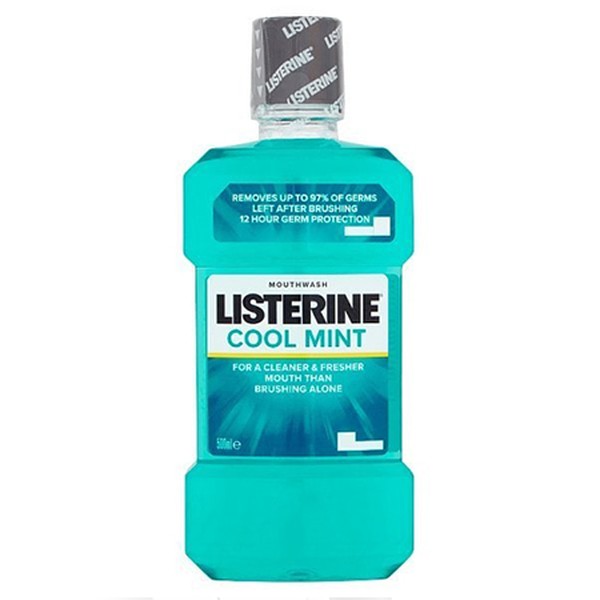
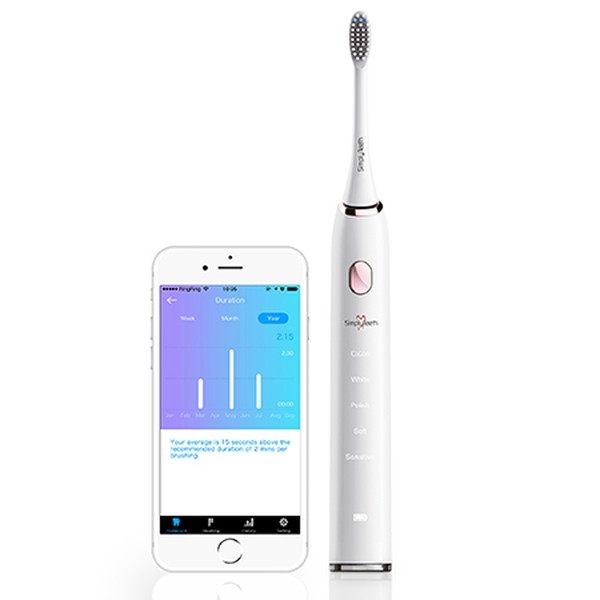
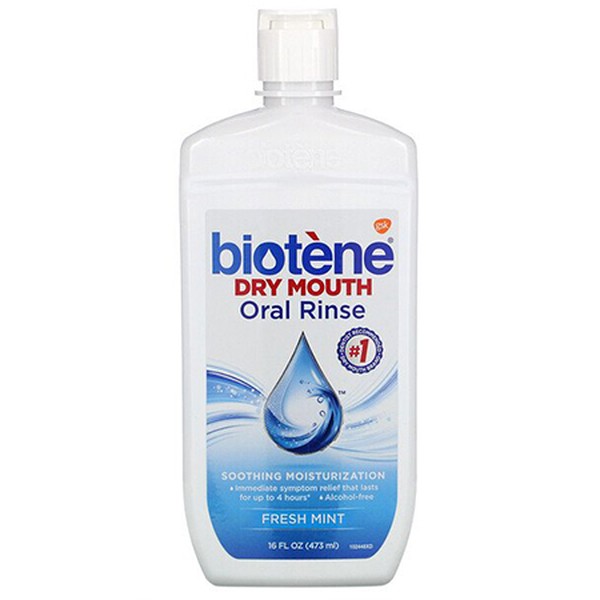
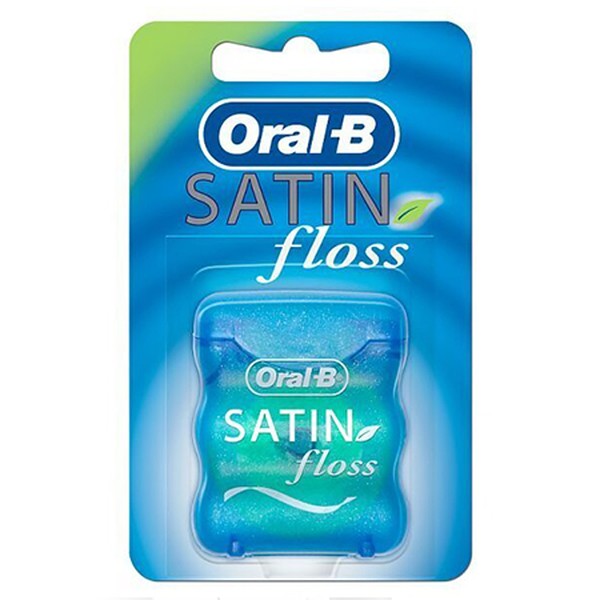
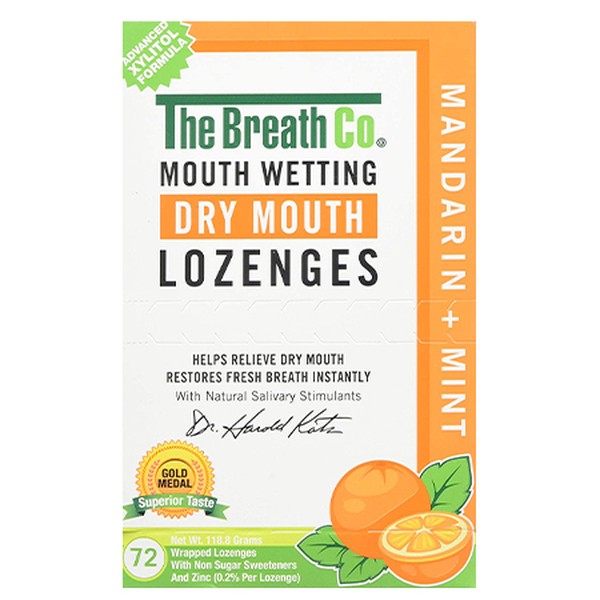
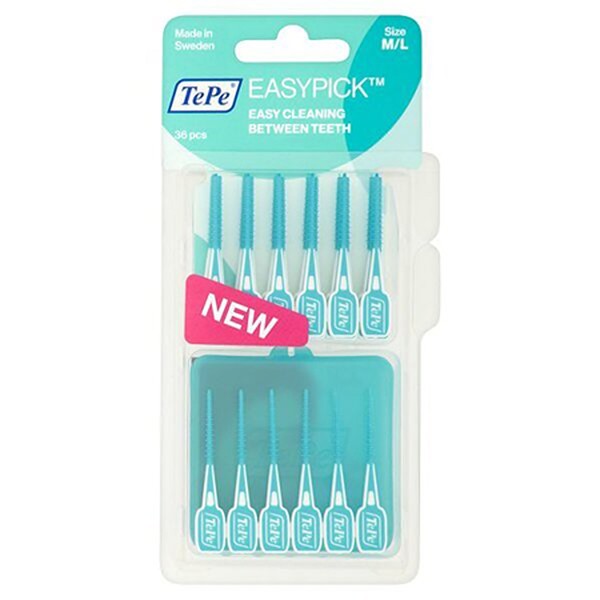
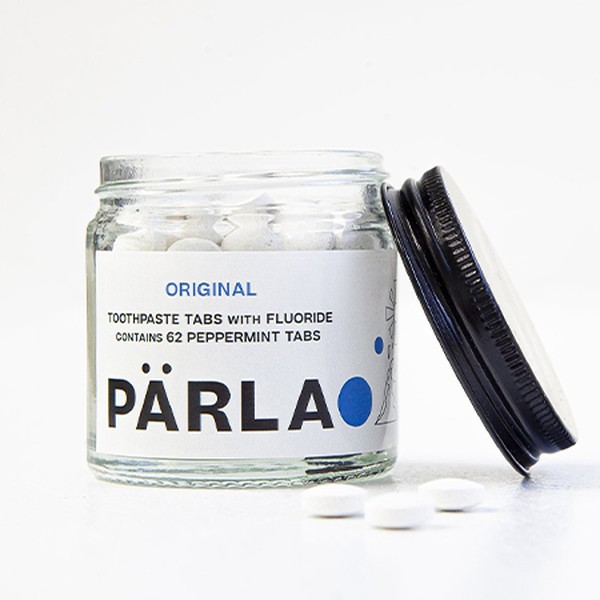
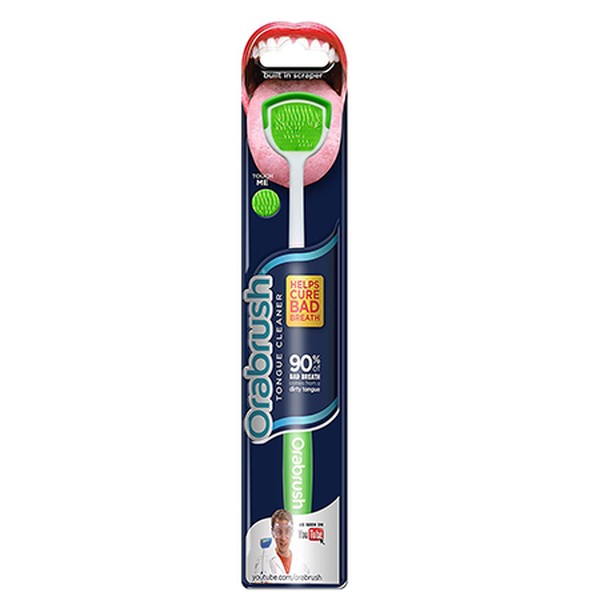

*Features published by SLMan are not intended to treat, diagnose, cure or prevent any disease. Always seek the advice of your GP or another qualified healthcare provider for any questions you have regarding a medical condition, and before undertaking any diet, exercise or other health-related programmes.
DISCLAIMER: We endeavour to always credit the correct original source of every image we use. If you think a credit may be incorrect, please contact us at [email protected].


